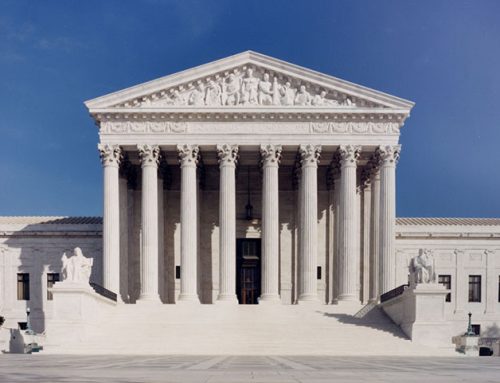Nebraska Governor Rejects Proposed Changes to Law Enforcement’s Cannabis Usage Rules
LOS ANGELES— A proposal aimed at reducing the time frame that law enforcement officer recruits in Nebraska must abstain from cannabis use prior to training has been vetoed by Governor Jim Pillen. The measure sought to decrease the mandatory waiting period from 24 months to 12 months before recruits could commence their training.
The proposal, spearheaded by the Police Standards Advisory Council, was part of a broader initiative aimed at widening the pool of eligible candidates for law enforcement positions in the state. However, Governor Pillen expressed concerns that the proposed reform might dilute the standards and expectations of Nebraska’s law enforcement agencies.
In a detailed letter penned last month, which effectively rejected the proposed changes, the governor emphasized the importance of data-driven decisions in policy-making. He urged the need for tangible evidence showing a considerable number of potential recruits being turned away under the current cannabis use guidelines before implementing any changes. “It is therefore imperative that we have the necessary data before making a policy change that could be perceived as watering down the standards to become a law enforcement officer in the State of Nebraska,” Pillen wrote.
In response, Brian Jackson, the president of the Police Standards Advisory Council and assistant chief of the Lincoln Police Department, informed the Nebraska Examiner that efforts are underway to collate the required data. Furthermore, Jackson highlighted the inherent challenges in quantifying the number of potential candidates deterred from pursuing a career in law enforcement due to the prevailing drug use regulations, particularly when it pertains to substances classified as “dangerous drugs.”
As Nebraska grapples with its stance on cannabis and its implications on law enforcement recruitments, stakeholders will be keenly watching the ensuing developments, which could have significant ramifications for future recruitment and law enforcement standards within the state.



































